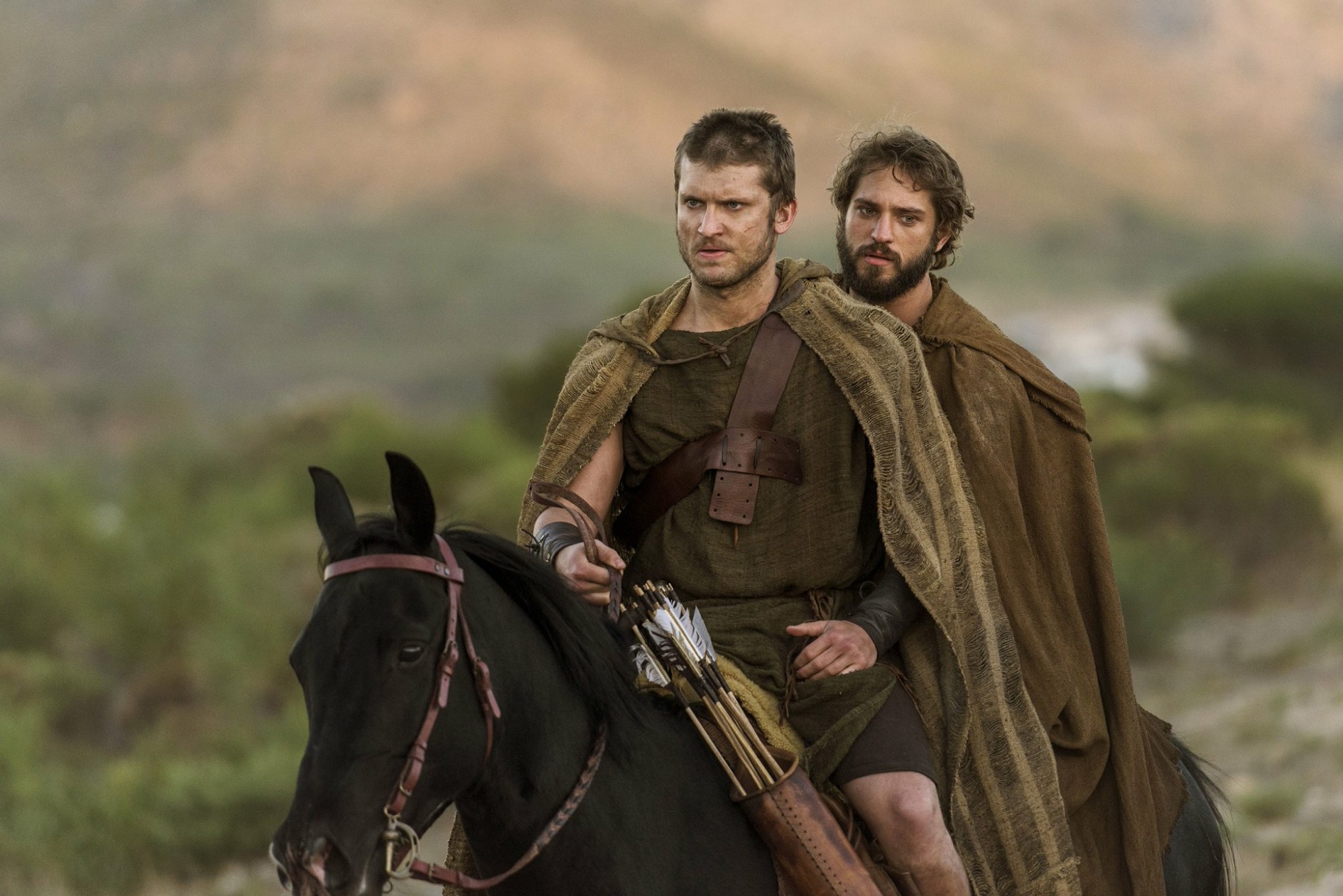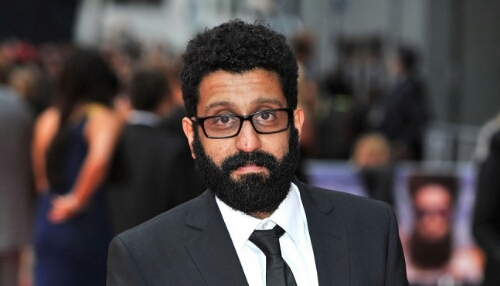“But Waldo’s not real”
Well here we are; the finale of Charlie Brooker’s Black Mirror series 2. And now is the time to introduce Waldo, the anarchic CGI blue bear, far from his typical appearance on educational children’s television. Waldo is a satirical pundit on a topical comedy programme who embarrasses politicians in spoof interviews and provides puerile but audience popular entertainment – but the network and big wig producer Jack Napier (Jason Flemyng) is pushing for the blue bear to have his own pilot. But behind the screen, the man behind Waldo is troubled comedian Jamie Salter (Daniel Rigby) whose own life is in a downward spiral.
Due to Waldo’s success with the public, the production company capitalizes on Waldo’s popularity and enters the character into a political race against one of his spoofed politicians; Conservative Liam Monroe (Tobias Menzies), Labour newcomer Gwendolyn Harris (Chloe Pirrie) and other party candidates. Having no real interest in political matters Jamie isn’t comfortable engaging in real-time debates or pushing ‘the Waldo moment’ to its full influential power.
But once the cogs of the machine start turning is there a way of aborting a developing monster?
We are fully aware that the media can swing public popularity; the best examples are Mayor of London Boris Johnson and the former Governor of California Arnold Schwarzenegger. One message is clear though, we can have cartoon bands such as Gorillaz, and surely we’re only one step away from virtual politicians? So the idea of a viral animated puppet controlling people’s behaviour is hardly prophetic and more inspired by the conspiracy theory racket; exploring how the masses have become disillusioned with the government in an online sphere where private lives are rapidly exposed is hardly an original concept.
Normally the satirical fables of Black Mirror are perfectly suited to the one hour time frame, but this time the surfaces of the dark underlying issues are barely scratched. The writing of Black Mirror is impeccable; the same goes for the acting and the production qualities. But the strength is its ability to get underneath your skin and provoke thought about the human psyche, crafting human tragedies from how rapidly de-sensitizing technology can ultimately corrupt us.
The Waldo Moment sadly is a little diffused in its ideals and points its vitriol at contemporary culture and the seemly numb nation with black device screens without really seeking out what drives the masses to form the behaviours and opinions that make them destructive and lawless. A poignant moment in the episode reflects what Charlie Brooker seems to believe on these arguments, Waldo asks a presenter “Do you think the public can’t be trusted?”













